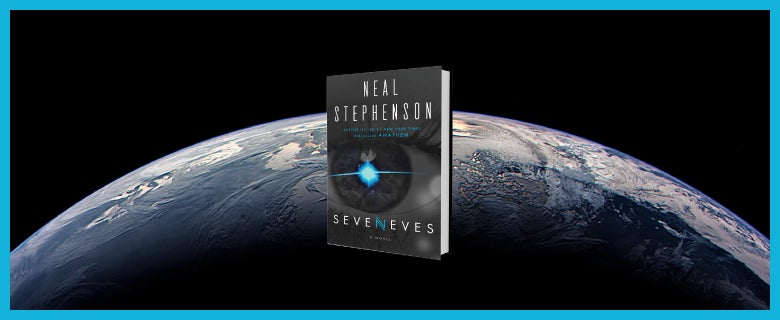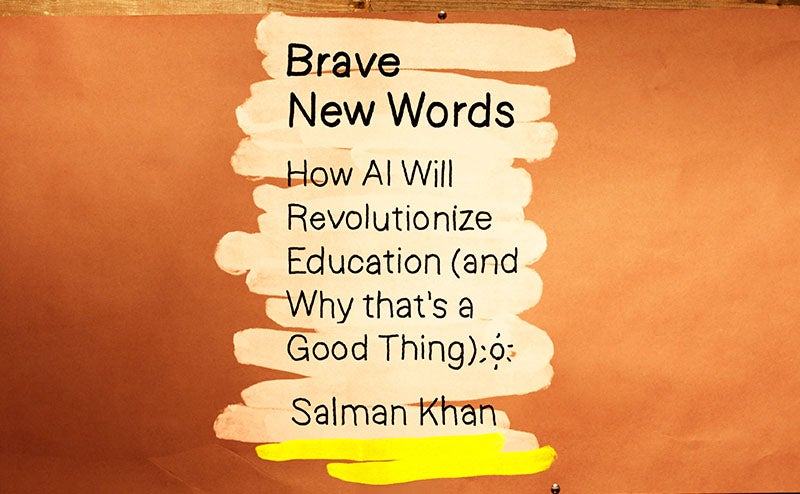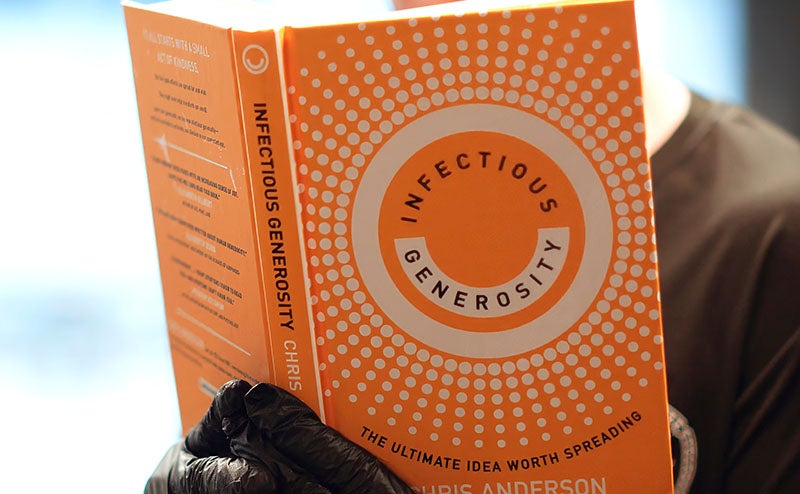There’s a lot Silicon Valley can learn from the Theranos mess.
When I was younger, I read a ton of science fiction. I was up to date on all the big authors. Probably the one I read the most was Robert Heinlein—The Moon Is a Harsh Mistress was a particular favorite. But for the past decade or so, I haven’t read nearly as much sci-fi. I just got out of the habit.
So when a friend recommended Neal Stephenson’s most recent novel, Seveneves, I thought I would give it a try. I had read one of Stephenson’s earlier books, Snow Crash, and thought this new one would be a good way to get back into sci-fi. I’m really glad I did, because is a thought-provoking and thoroughly enjoyable book.
Neal, who lives in Seattle, was nice enough to meet up so we could talk about his work—and he patiently helped make this virtual-reality film of our conversation. It’s the first of a series of VR movies I’ll be releasing on TGN. (Read the rest of my review below the video.)
The plot of Seveneves gets going when the moon blows up without warning and for no apparent reason. This isn’t a spoiler—it’s the first sentence of the book. “The moon blew up without warning and for no apparent reason.” People figure out that in two years, chunks of the moon will rain down on Earth in a cataclysmic meteor shower, wiping out every living thing and leaving the planet uninhabitable for thousands of years. The world unites on a plan to get as many spacecraft as possible into orbit, where a few select people can ride out this Hard Rain and keep humanity going.
The book has so many cool ideas, memorable characters, and good storylines that I can’t cover them all. So I will just touch on two things that really struck me.
One is Stephenson’s writing on technology. Seveneves belongs in the subgenre of hard science fiction, which means it emphasizes scientific accuracy. Everything adheres to physical laws, so unlike Star Wars, no one travels anywhere near the speed of light. Stephenson tells you not just what happens, but how it happens. You’ll learn all about how orbits work and what it takes to connect two spacecraft in different orbits. You’ll learn the difference between fuel and propellant. There’s a long but clever passage about a woman who flies from Earth into orbit in a glider while wearing a suit made of intelligent fabric.
Personally I loved all that stuff. But if you’re the sort of reader who doesn’t care how such a thing might work, you will find yourself skimming parts of Seveneves.
The other thing that struck me is the way the book pushes you to think big and long-term. If everyone learned that the world would end two days from now, there would be global panic, plus a big dose of hedonism. But what if it were ending two years from now? Would people keep going to work? Would kids go to school? If they did, what would you teach them?
In the last third of the book, there’s a fascinating exploration of the connection between culture and genetics. If only a few humans survived and had to start all over, what would happen to distinctions of class and race? How much are you shaped by your genes, your family’s history, and your own experiences? In the wrong hands, this material could be dreary, but Stephenson does a good job of exploring it while moving the story along.
It helps that he throws in other nice touches to keep you thinking. The title is a palindrome, though how that’s relevant is left up to you. The number 7 from the title turns out to matter in more than one way. And you might enjoy trying to figure out which characters were inspired by real people. There’s a famous astrophysicist/science explainer who sounds a lot like Neil deGrasse Tyson.
Seveneves reminded me of all the things I love about science fiction. It is a great novel to get lost in, learn from, and think about. More than anything else, it has me thinking I should get back to reading sci-fi again.






